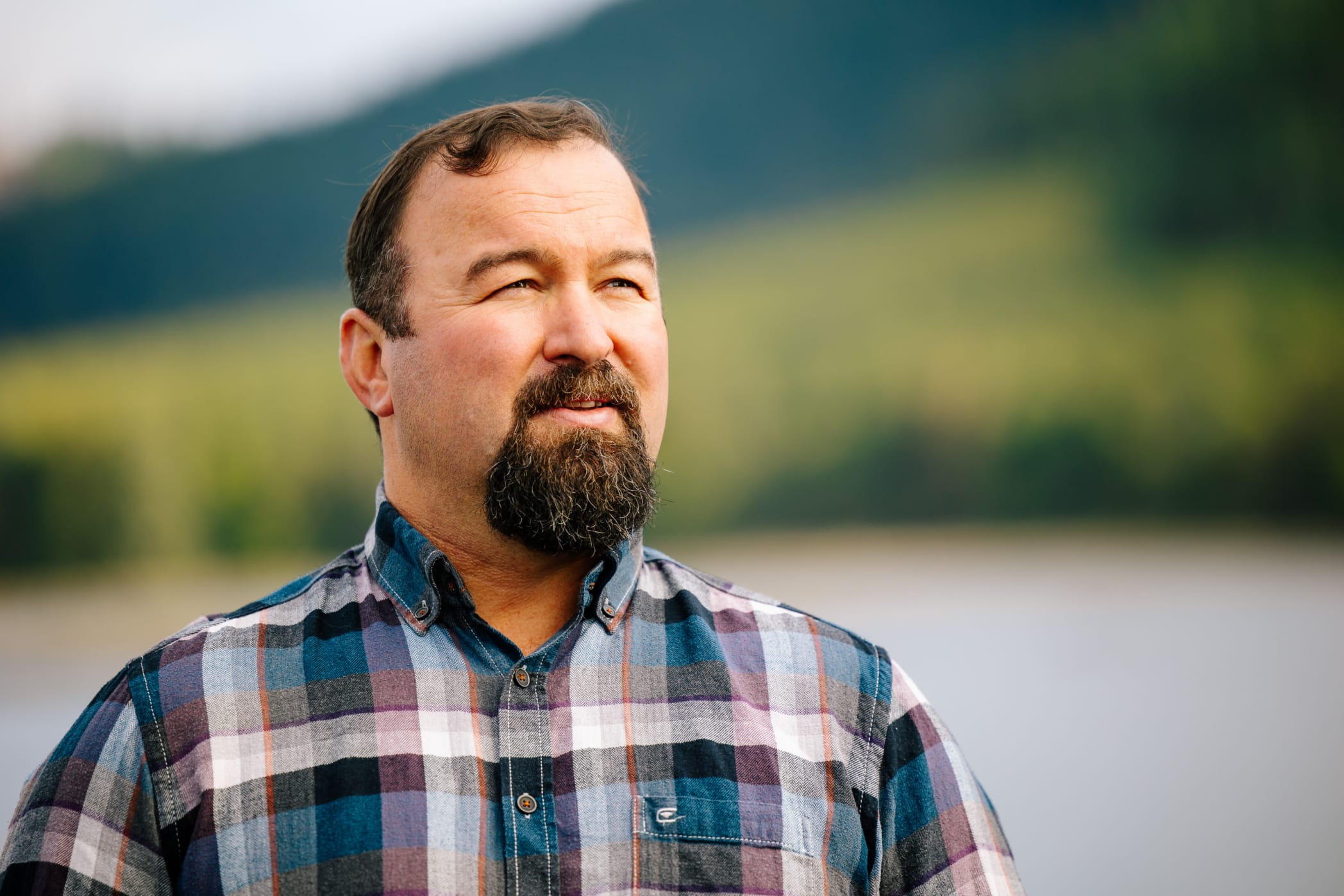
Dorian Uzzell, president of Campbell River-based Wahkash Contracting Ltd. and incoming president of the Truck Loggers Association, recalls his teenage years when his peers taught him bucking, bundling, and the innumerable other skills necessary to transform trees into products.
He says, “I was eager to learn because I wanted to be accepted by my crew mates. And I soon found out that this passion is the biggest factor driving our profession. If you don’t have the drive to excel, you either go out of business or you get hurt – or both.”
Like so many people who work in the bush, Uzzell, now 48, inherited this mindset from his family. “My dad, Danny, was a faller and rigger, and at times he worked for his father Chick’s company, Lemon Point Logging, in Campbell River,” he says. “Granddad would take me into the bush when I was a boy, and I loved seeing the sights and feeling close to the land.
“Forestry struck me as honourable, everyone was so committed to it. And today, even though our industry is under attack by government and a loud minority, the passion is still evident: I see it in my son Devin and other family members, in addition to the new generation of loggers.”
Uzzell presides over a company that was launched by John Uzzell (Chick’s nephew) and his wife Bonnie in the 1980s. Since assuming full ownership of Wahkash in 2016, Dorian has nurtured a 95-person team that harvests about 440,000 cubic meters of woods yearly: the ideal volume to pay the bills and keep everyone employed, he says.
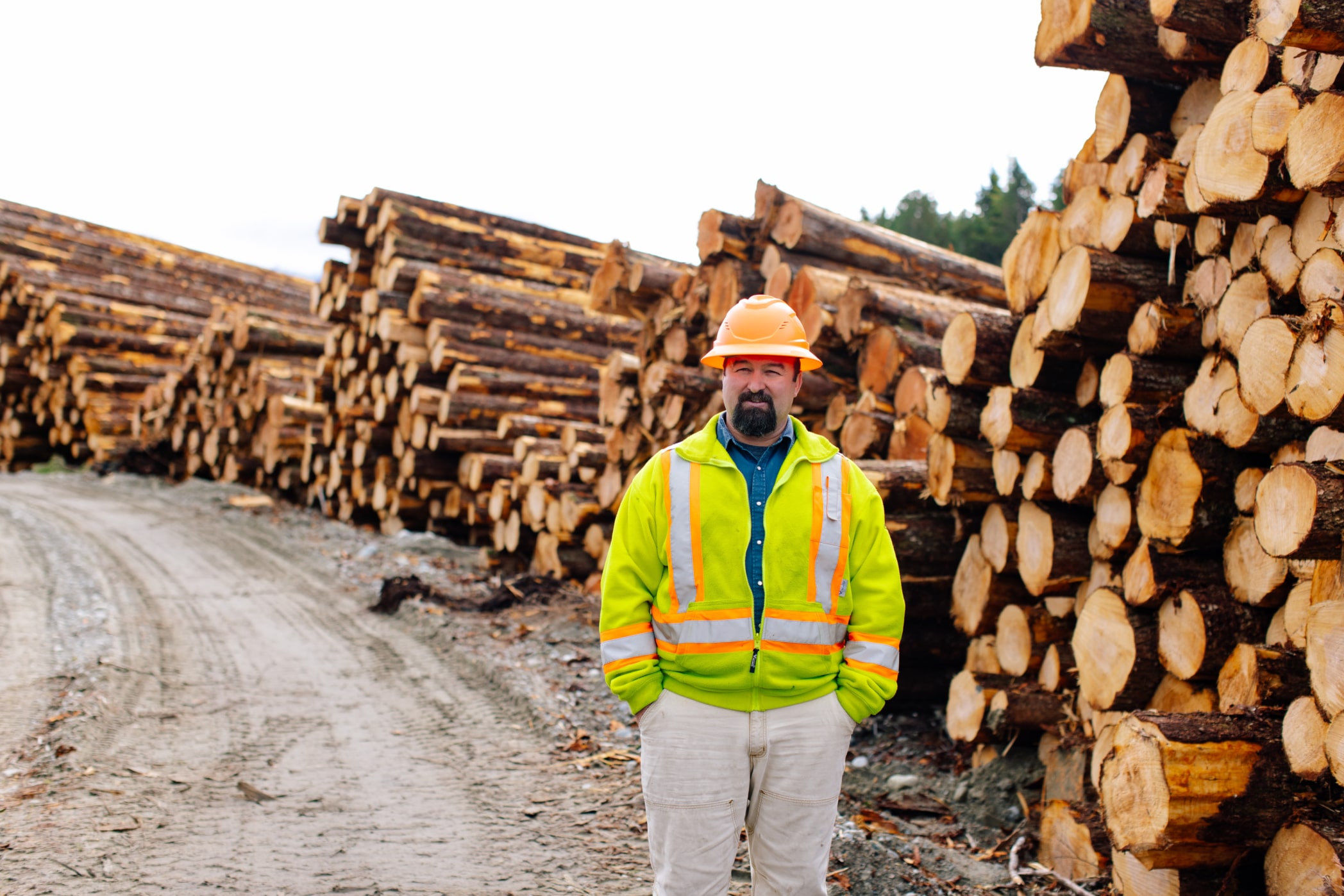
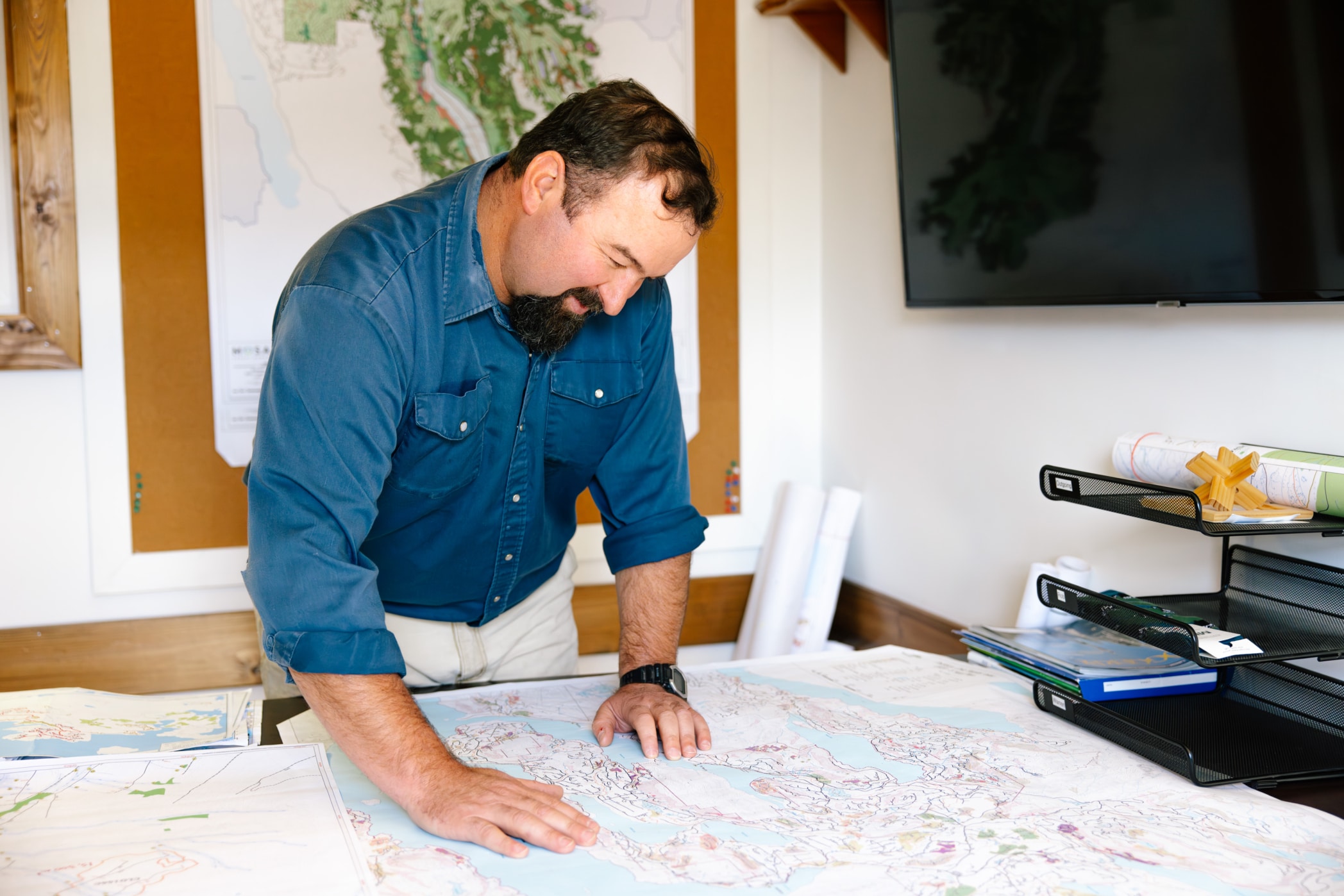
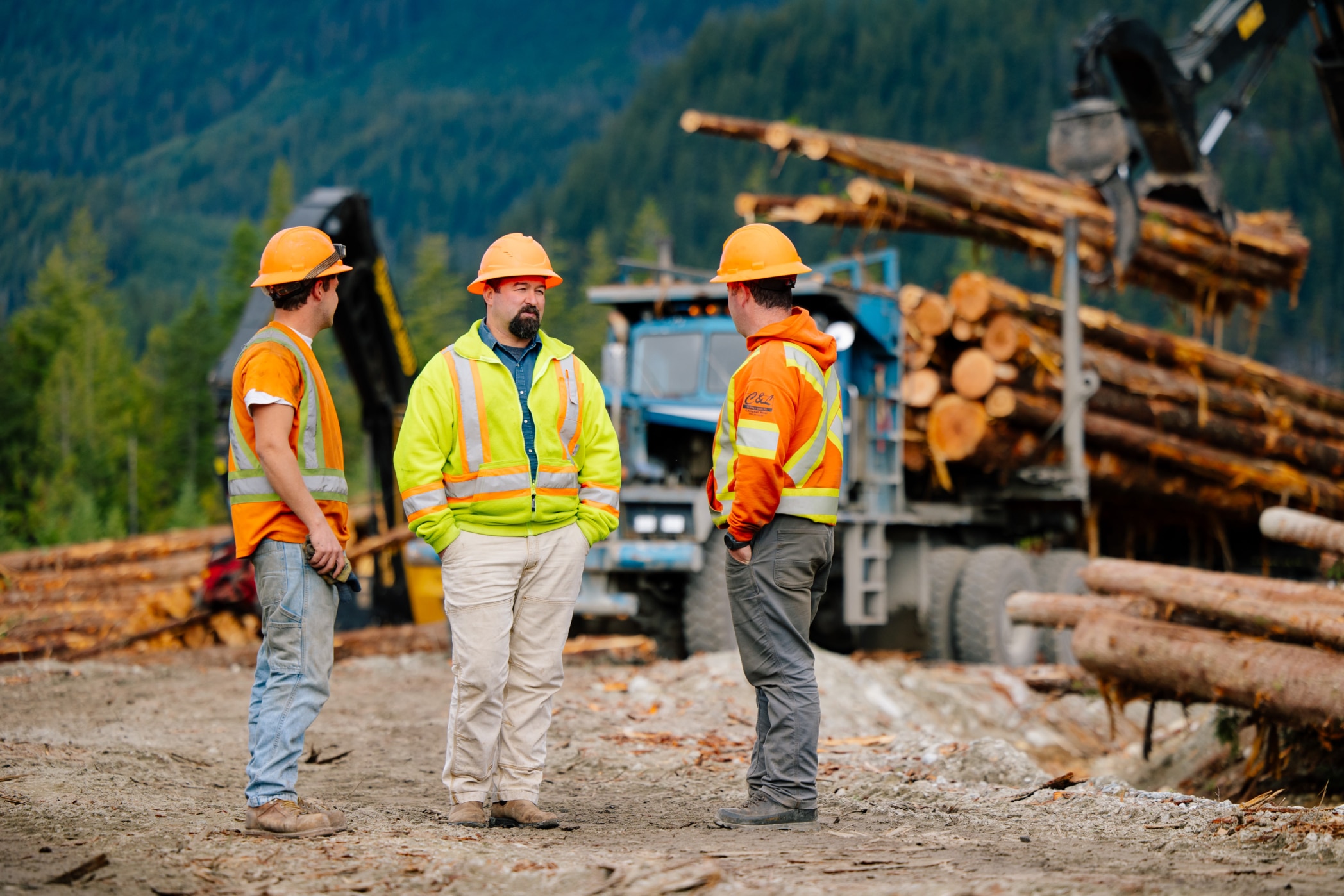
When Uzzell hires newcomers, he reminds himself of the chances he was given to succeed back in the 1990s. “The competition for labour today is fierce, so I tell new workers that they’ll be running a machine in as little as three months and learning all sorts of new things, so they can make more money and forge a career.
“As a result I’ve seen them move up in the ranks and start families – just like I did.”
Although it wasn’t so long ago, Uzzell’s career was forged at a time when the industry was radically different. “Back then there was lots of wood and opportunities,” he recalls. “Things seemed less hectic. At one point dad even bought a commercial fish boat and I spent four years with him, from 12 to 16, salmon trolling.”
But the childhood lure of the forest revisited Uzzell upon his graduation from high school, and he decided to work as a rookie in a logging camp at Moohya Bay. “And that was the start of me learning from my peers,” he says.
It was also during that time that Uzzell married his high school sweetheart, Maria. “Devin was born shortly afterwards, followed by our daughters Kyla and Eva,” he says. “So I was doubly motivated to succeed.”
Uzzell worked for six years at Bendickson Logging and then for Alpine Backhoe Services of Campbell River, where he gained supervisory skills. By the time he was invited to join Wahkash as a junior partner in 2011, he had acquired enough acumen to persuade some of his peers to join him in the enterprise. “My granddad, uncles and nephews were successful contractors, and I wanted to offer my children work down the road, so joining Wahkash made sense,” he says. After undertaking stints as woods foreman and camp manager, Uzzell became general manager in 2013, and full owner in 2016.
True to form, son Devin is now learning the intricacies of logging. “He tried other things before gravitating to our industry, and currently he’s chasing and hook tending on a grapple yarder,” Uzzell says. “Plus, Kyla’s husband Angus is a hoe chucker operator, and my younger brother Aileva is a supervisor. And if that’s not family enough, my dad is 69, in fantastic shape, and as we speak is boarding a plane to work in one of my camps as a handiman.”
The same passion that informed Uzzell’s career led him to become a staunch TLA member and supporter, and he’s looking forward to his stint as president next year. “My goal is to continue the association’s great work and support each other as we champion a large and complex cause,” he says. “We need to keep trying to make government and the public more aware of the importance of forestry. And we need to continue finding ways to create opportunities for the new generation.”
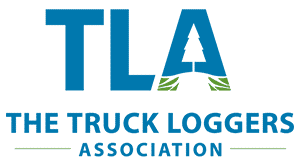
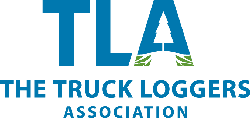




Get Social